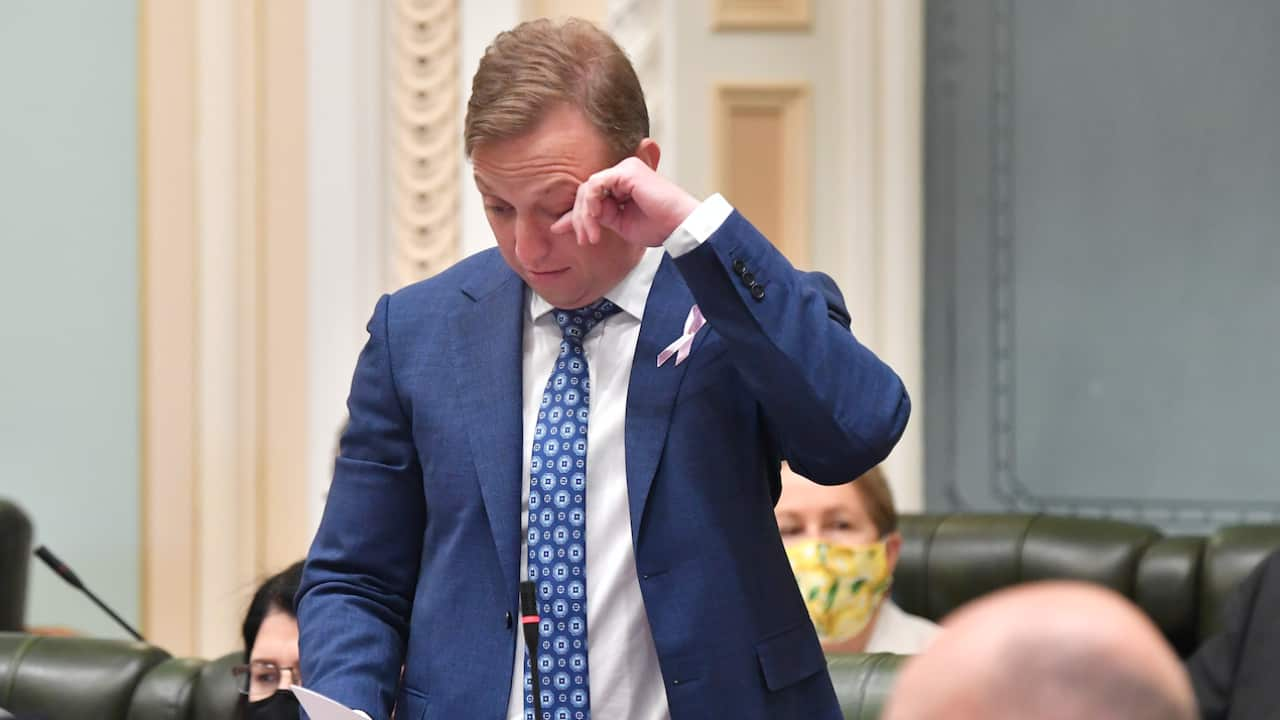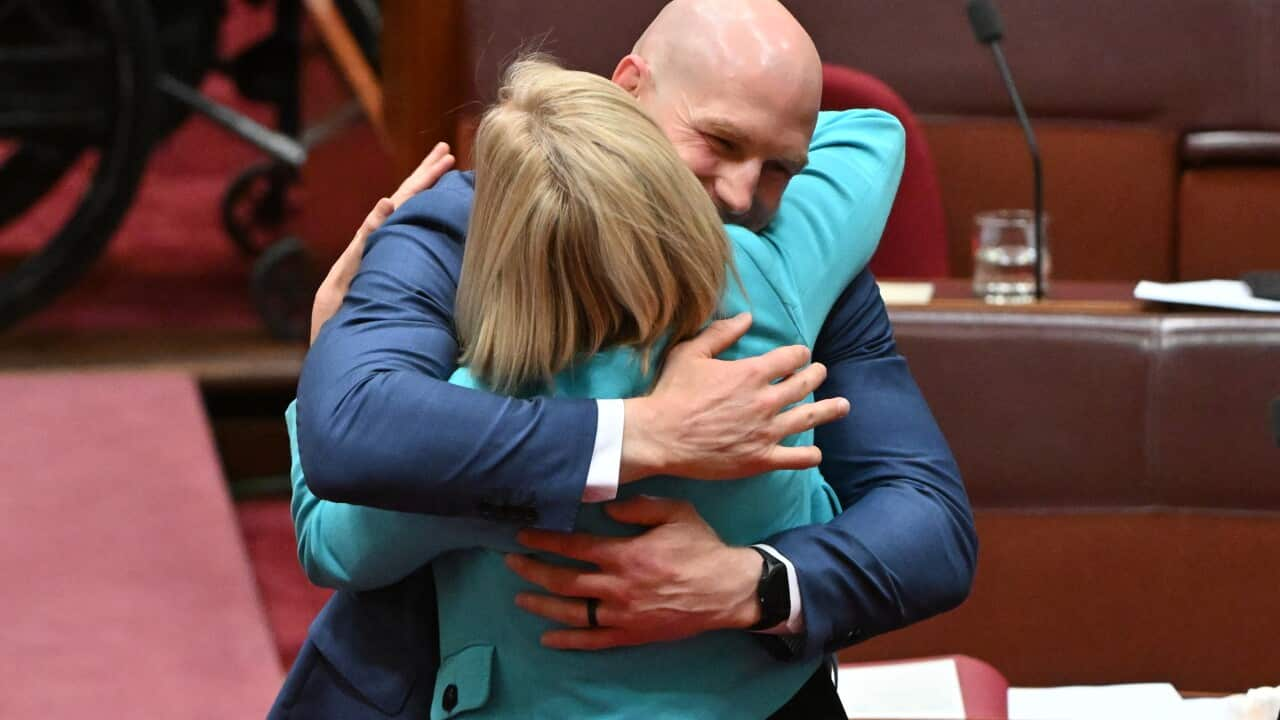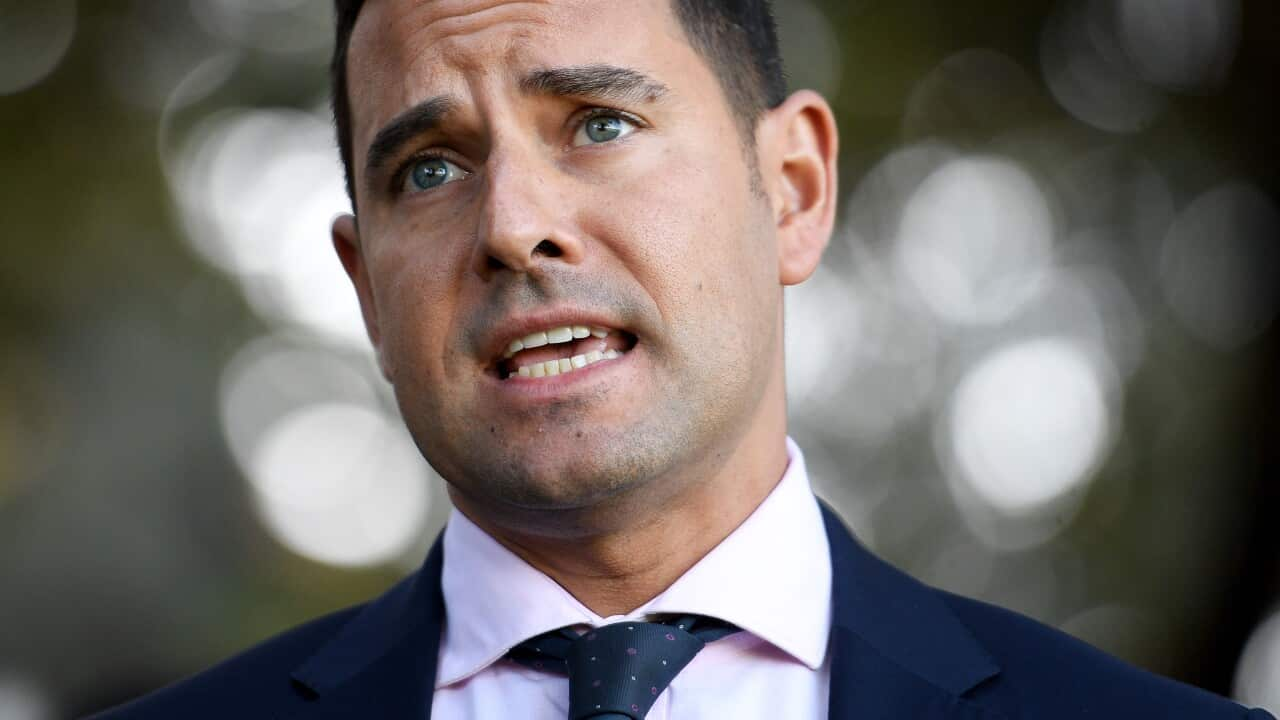KEY POINTS
- State parliament voted to legalise voluntary assisted dying in September 2021.
- It is available to eligible Queenslanders from 1 January 2023.
- Queensland was the fifth jurisdiction to legalise euthanasia after Victoria, Western Australia, South Australia and Tasmania.
Terminally ill Queenslanders are able to ask for medically-assisted death at a time of their choosing after the state's voluntary-assisted dying scheme came into effect on Sunday.
State parliament voted to legalise voluntary assisted dying in September 2021 after Premier Annastacia Palaszczuk took the policy to the 2020 election.
Who is eligible?
People suffering from a disease, illness or medical condition that is advanced, progressive and terminal, and have less than one year to live, can ask for medically-assisted death.
A patient must make three separate requests to die and be assessed three times before a coordinating doctor can grant final approval.
What are the safeguards in place?
The laws include safeguards to protect vulnerable people and ensure they have the mental capacity to make a request and that it has been made without coercion.
Doctors can refuse a request due to conscientious objection but must tell the patient that is the reason so they can consult another doctor.
Euthanasia advocates argue it gives terminally ill patients the right to choose how they want to spend their final days and to die with dignity.
What led to the scheme being introduced?
Clem Jones Trust chair David Muir said activists and politicians had worked for decades to give Queenslanders a wider range of choices at the end of their lives.
"Many individuals and organisations have worked hard not just for years but for decades to achieve VAD laws in Queensland," he said in a statement.
"We should also recognise the MPs in the Queensland parliament from across the political spectrum who voted for the new laws.
"They all knew that voluntary assisted dying was never about them or the beliefs they may or may not hold, but has always been about enabling terminally ill Queenslanders to make a personal choice."
Mr Muir said experience elsewhere had shown some people who apply for and are granted approval to access voluntary assisted dying don't use it.
Calls for palliative care funding
"But the mere fact it is available can deliver a humane and palliative effect at the end of life," he said.
Opponents have argued it raises ethical and moral concerns, saying it might put pressure on vulnerable people to end their lives and have called for more funding for palliative care.
Queensland was the fifth jurisdiction to legalise euthanasia after Victoria, Western Australia, South Australia and Tasmania.
NSW passed voluntary assisted dying laws in May, meaning the laws will come into effect universally in the next 18 months.
Last month, federal parliament repealed a 25-year-old law put in place by Liberal MP Kevin Andrews that restricted the rights of the ACT and Northern Territory to make euthanasia laws after the latter legalised assisted dying in 1995.
The ACT government plans to introduce legislation next year, but the NT is yet to reveal its plans.













